How Did We Get Here? The Tangled History of the Second Law of Thermodynamics
Stephen Wolfram
JANUARY 31, 2023
But in 1798 Benjamin Thompson (Count Rumford) (1753–1814) measured the heat produced by the mechanical process of boring a cannon, and began to make the argument that, in contradiction to the caloric theory, there was actually some kind of correspondence between mechanical energy and amount of heat.


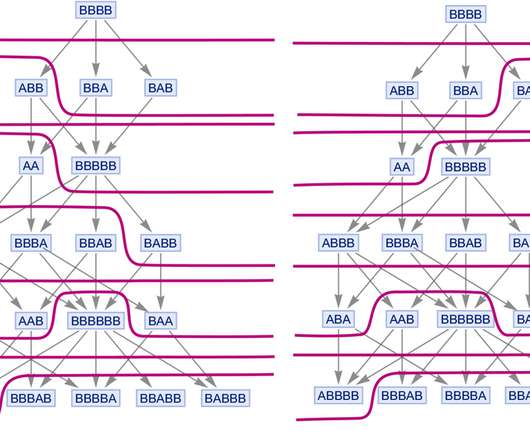
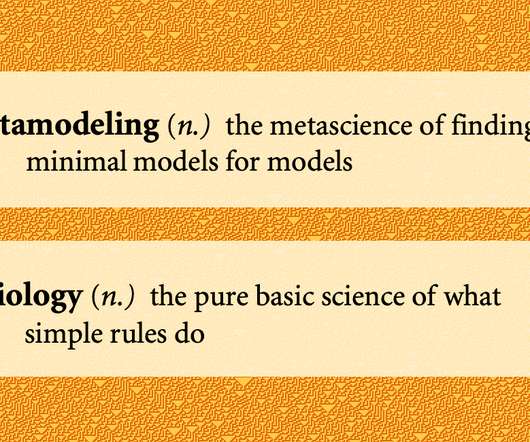
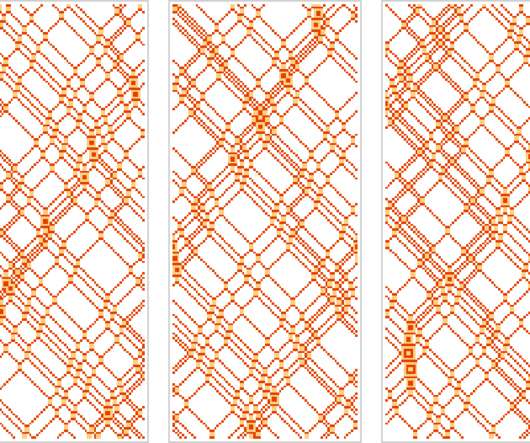
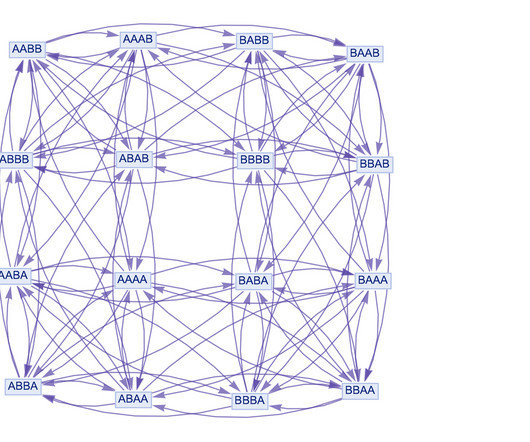
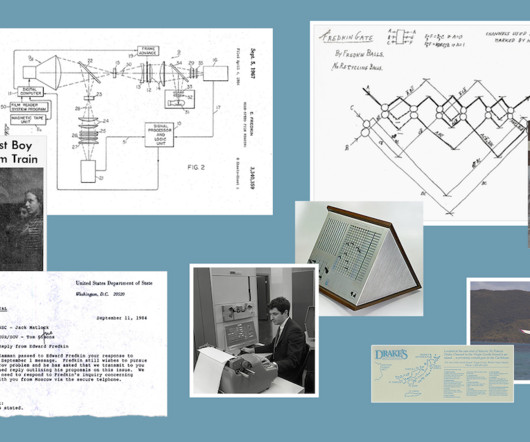






Let's personalize your content